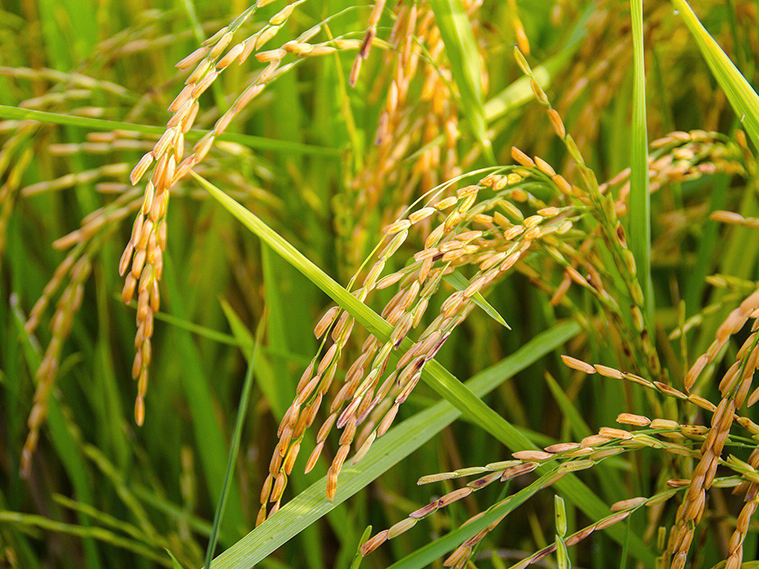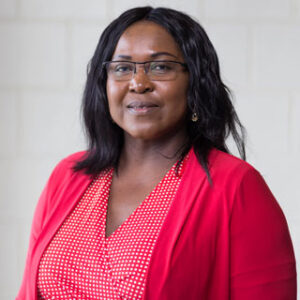By Dr. Denis Kyetere.
It is often said that “If you want to go fast, go alone, and if you want to go far, go together.” This old African proverb underpins the need for people and organisations to work together to achieve goals that could have been otherwise an uphill task working alone.
Since its inception 17 years ago, AATF recognises that it cannot accomplish its goal and aspiration of transforming livelihoods of smallholder farmers on its own, and therefore seeks the synergy and complementarity of other players in the agriculture space to deliver agricultural technologies to farmers. Indeed, the concept of public-private partnerships holds great promise for achieving agricultural development in Africa considering that no single institution can, by itself, achieve the task of improving farmers’ livelihoods.
To reach 16 million farmers in Africa by 2022 as stipulated in our current strategy, AATF has prioritized and aligned its strategy to respond to the agricultural development agendas of governments in the countries we are operating and creating synergies among value chain actors to enhance the livelihoods of farmers in those countries. AATF builds partnerships with different players drawn from national research institutions, seed companies, technology donors, universities, public extension agencies, farmers groups, and development partners in Africa and beyond whose focus is on similar value chains to complement each other to ensure technology access by farmers in Sub-Saharan Africa (SSA).
AATF takes a proactive role in facilitating the creation and sustenance of such partnerships. In fact, these partnerships constitute the Foundation’s primary means of bringing advanced agricultural technologies to address challenges that range from the impact of climate change to infestation by pests and diseases faced by smallholder farmers in Africa that have hampered farm productivity.
Through a public-private partnership, AATF manages the TELA Maize project that builds on the Water Efficient Maize for Africa (WEMA) project that was launched in response to a call by African farmers, leaders, and scientists to address the devastating effects of drought on maize production. The TELA project is a collaboration between African public sector institutions and private sector companies, to develop drought-tolerant African maize using conventional breeding and biotechnology.
Drawing on our experience in public-private partnership management, technology stewardship, and project management, AATF usually coordinates partnerships such as the TELA Project while the participating national agricultural research systems, government agencies, farmers groups, and seed companies contribute their expertise in breeding, field testing, seed multiplication, and distribution.
Further, AATF contributes its expertise towards identification and access, to both proprietary and non-proprietary agricultural technologies by negotiating licensing agreements that allow royalty-free access and sharing of these technologies to improve accessibility by farmers.
Over the years, AATF has acted as a link between public and private institutions that own technologies and to help bridge the gap between those institutions and the smallholder farmers in the region who need these technologies to improve their farm productivity. Everyone involved has their part to play in overcoming chronic hunger, malnutrition, and poverty to ensure that Africa achieves food security and prosperity.
Embracing partnerships shows how progress is possible when companies, governments, NGOs, researchers, farmers, and other value chain actors work together to clearly define the real needs of smallholder farmers in Africa and to identify opportunities to address those needs through the transfer and use of new and existing technologies.
This indeed is the exciting role that partnerships play in Africa’s agricultural development to help deliver lasting benefits to smallholder farmers.
The writer is the Executive Director of AATF.




































































